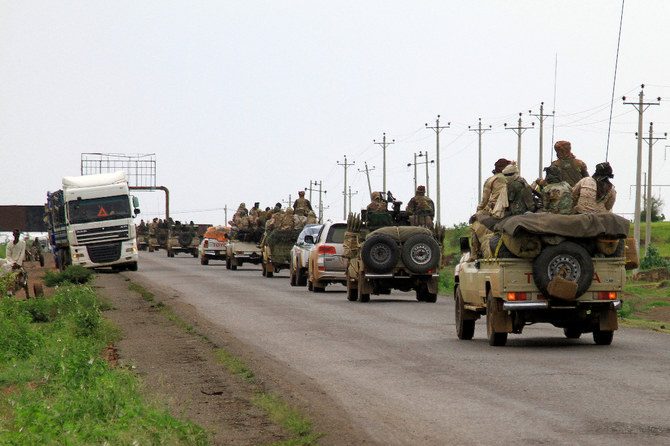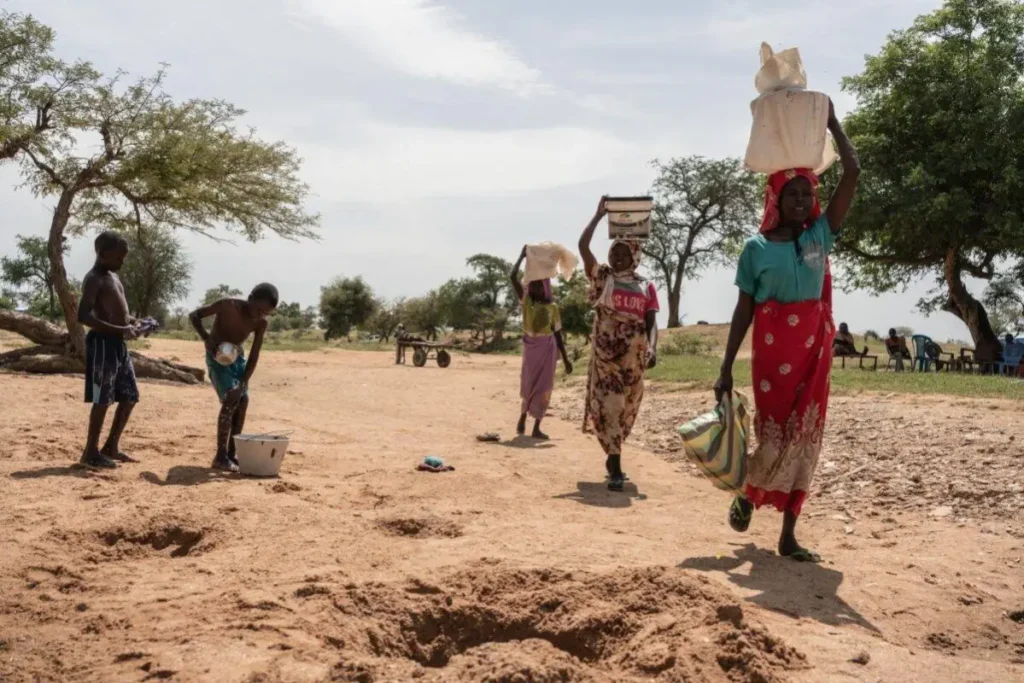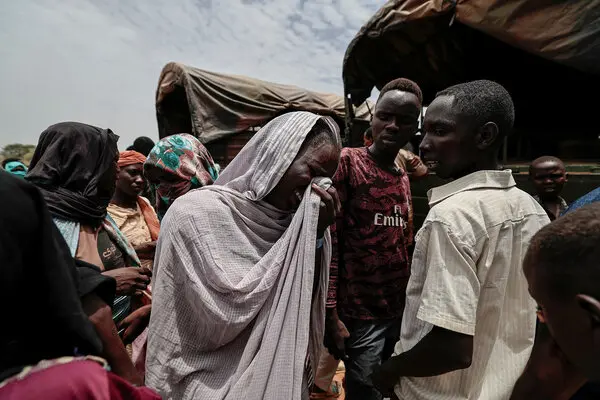
Renewed violence has shattered the fragile truce safeguarding the Sudanese city of al-Fashir from the year-long conflict, sparking concerns of escalating inter-communal strife and humanitarian peril for its 1.6 million inhabitants in North Darfur.
Al-Fashir stands as the lone major city in the expansive Darfur region beyond the control of the Rapid Support Forces (RSF).
The RSF, alongside allies, swiftly claimed dominance over four other Darfur state capitals last year.
The battle for al-Fashir, a historical bastion of authority, threatens to prolong, exacerbate ethnic tensions lingering from the early 2000s conflict, and potentially extend across Sudan’s border with Chad, caution residents, humanitarian agencies, and analysts.
Within al-Fashir’s populace resides an estimated half a million individuals displaced during the prior conflict, which saw the suppression of a rebellion by non-Arab factions, aided by Arab militias that evolved into the RSF.
An additional half a million sought refuge in the city during the Khartoum conflict in April 2023, triggered by simmering tensions between integrating army and RSF forces.
Despite local leaders negotiating a ceasefire in al-Fashir, with the RSF confined to eastern sectors while former rebel groups maintained neutrality, this arrangement disintegrated following the RSF’s capture of Melit, effectively blockading al-Fashir.
Reports indicate army reinforcements, including aerial resupply operations, unlike the swift retreat witnessed in other state capitals.
Former rebel groups, including Minni Minawi’s Sudan Liberation Army (SLA) and Jibril Ibrahim’s Justice and Equality Movement, have pledged to resist the RSF.
Amidst growing uncertainty, fear grips many non-Arab residents of al-Fashir, torn between the dangers of staying and the perils of fleeing.
Even preceding the truce’s collapse, sporadic clashes claimed over 220 lives in al-Fashir within the last year, with recent confrontations leaving at least 18 dead.
Satellite imagery reveals the destruction of 11 villages on al-Fashir’s outskirts, displacing approximately 36,000 individuals, according to UN estimates.
The RSF denies assaulting al-Fashir, attributing clashes to army and allied provocations.
Al-Fashir’s dire humanitarian situation worsens with prolonged water and power shortages, compounded by overcrowded shelters and limited medical facilities, exacerbating an already acute food crisis.
As tensions escalate, concerns mount over broader regional ramifications, especially given the involvement of former rebel groups with cross-border affiliations.
The entry of forces aligned with Musa Hilal, a prominent Arab commander and rival of RSF leader Mohamed Hamdan Dagalo, further complicates the situation, potentially reigniting old grievances and escalating tensions beyond immediate ceasefire arrangements.




